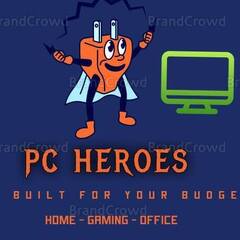Computer Security 101
-
Topics
-
0
-
frozensun ·
Posted in Storage Devices1 -
0
-
Squishy1015 ·
Posted in Troubleshooting3 -
5
-
5
-
CosmicEmotion ·
Posted in Linux, macOS and Everything Not-Windows1 -
8
-
2
-
Bigchungusbutbigger ·
Posted in CPUs, Motherboards, and Memory13
-
-
play_circle_filled

Latest From Linus Tech Tips:
Every Monitor Fails This Test… Except One - Sun Vision rE rLCD Display
-
play_circle_filled

Latest From ShortCircuit:
The World's Fastest CPU (Technically...) - Intel i9-14900KS


.jpg.5cc14cacf0bfa9d58de316927a37ec08.jpg)












Create an account or sign in to comment
You need to be a member in order to leave a comment
Create an account
Sign up for a new account in our community. It's easy!
Register a new accountSign in
Already have an account? Sign in here.
Sign In Now